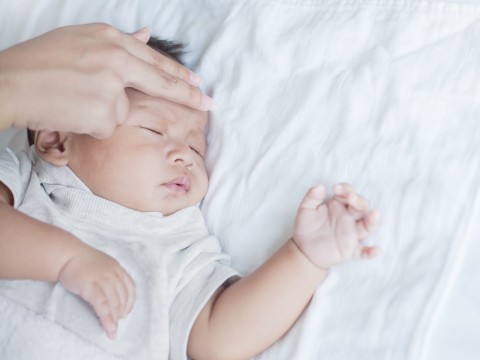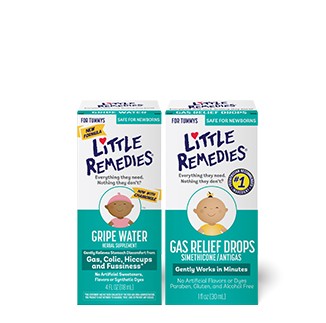
The first few weeks with a newborn may be overwhelming since your life now includes understanding an adorable yet helpless little human. But during those initial weeks, newborns tend to cry for good reasons. They cry to let you know they’re hungry or they have a messy diaper. It makes sense. At some point though, some babies cry for no apparent reason. Simply put, they get really cranky.
Babies get cranky for lots of reasons. The good news, is there are steps you can take to ease a fussy baby or at least to better understand why they’re upset. Assuming she’s been fed, changed and burped, let’s take a look at the top five reasons for baby crankiness.
Developmental Phases
I’ll never forget a piece of advice one of my mommy colleagues gave me when my first son was born. I was complaining at work because my once sweet baby had seemingly morphed into a screaming banshee. My friend (a mom of three) laughed and told me not to worry about it. She said everything will be different in two weeks – that’s just life with a baby – they change every two weeks. It was probably the best piece of mommy advice I ever got.
Her insight has merit because babies younger than 20 months experience big developmental leaps almost every two weeks. This can cause an otherwise calm and content baby to become clingy and cranky. A temperamental baby may seem like her behavior goes off the charts during this time, because her caregivers are typically already giving her lots of attention.
Colicky Baby
Colic is a big reason your bundle of joy may seem like a bundle of nerves. Colic affects about 20% of all babies. It’s defined as a prolonged period of intense crying. There are things you can do to ease the symptoms of colic like using Little Remedies Colic Relief Drops or Little Remedies Gripe Water. These supplements can help soothe a colicky baby and reduce crying time. It won’t eliminate colic-related crankiness completely, but it can make it more manageable.
Teething Baby
Your baby may cut her first pearly whites sooner than you think, which means teething can be a crankiness culprit. If you notice that she wants to chew on everything, or if she refuses to eat food she loves, these can be indications of teething. The molars tend to cause the most discomfort, because the teeth are not sharp like incisors, so they take longer to break through the gums.
Tired Baby
A tired baby can be an extremely cranky baby. If she’s rubbing her eyes or you know her sleep routine is off schedule, do what you can to rest her more. This is when you may do a spin around the block if she likes to doze in her car seat or take her for a stroll around the neighborhood. Sometimes motion, vibrations and a little bit of background noise will help her relax and fall asleep.
Uncomfy Baby
One thing to keep in mind is that babies tend to have a few rough days after getting a round of immunizations. I remember the doctor visit when my son got multiple shots in his thighs—he was so unhappy in the days that followed that we had to cancel our typical outings. His legs were red and sore and he was running a low-grade fever. Every baby reacts differently and they tend to handle vaccinations better as they get bigger, but it can be a reason for crankiness. The best thing you can do is use a warm compress or administer a non-aspirin pain reliever.
If soothing a fussy baby is your #1 priority, check out helpful tips from moms in the trenches!









